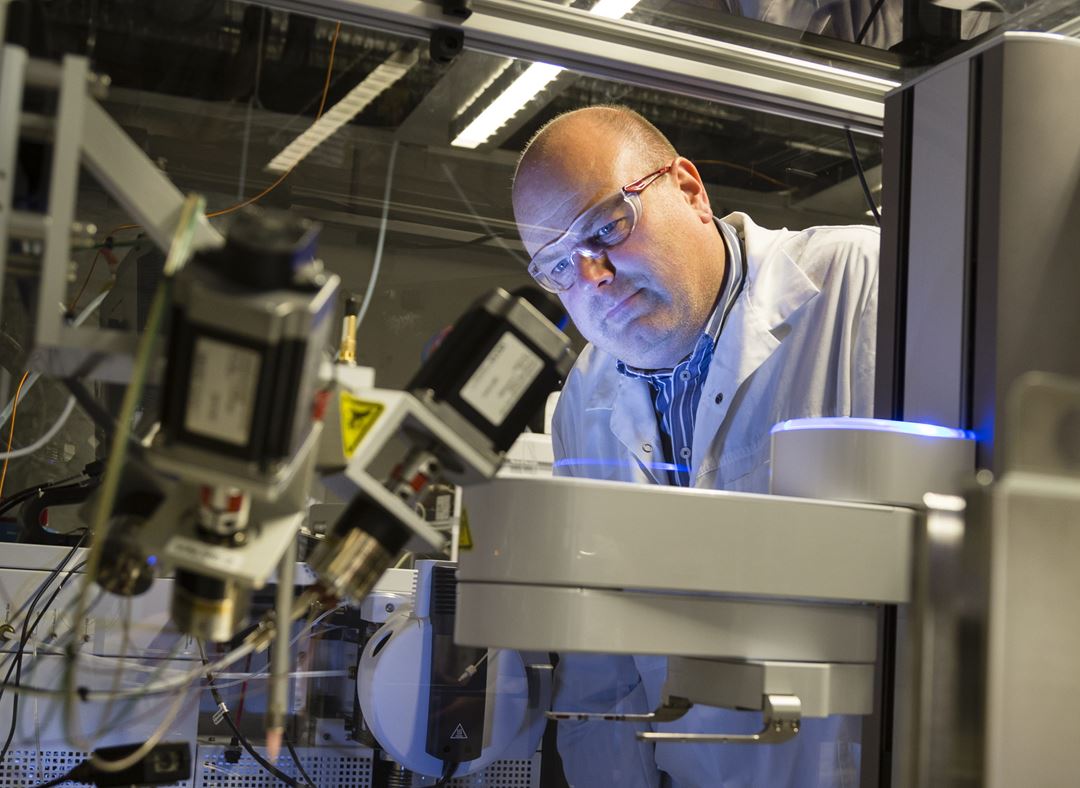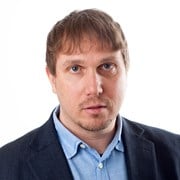About the workshop
The discovery of penicillin in 1928 and streptomycin in 1943 initiated a revolution where previously life-threatening diseases caused by bacterial infections, such as tuberculosis and pneumonia became treatable. Bioprospecting of fungi and actinobacteria led to the discovery of many new classes of antibiotics during the following decades, also known as the "Golden Age of antibiotic discovery".
Nevertheless, despite the increasing spread of pathogens resistant to available antibiotics, only few new antibiotics have entered the clinics during the last decades. Traditional methods for drug discovery involving screening and activity assays of large strain collections have become inefficient with a 99.99% chance of rediscovery of existing compounds. However, there is still a huge biodiversity of microorganisms not readily cultivable in the lab, and only recently the research community has established new technology capable of accessing this unexplored microbial dark matter in search for the next generation of antibiotics.
Additionally, with an increasing number of big pharmaceutical companies closing down their antibacterial development programs there is no one to develop candidate compounds through clinical trials. This is because there is not enough profit in developing new antibiotics:
Development is too slow and costly. New antibiotic drugs may have low sales as they could be kept as last-resort optionsDuration of antibiotic treatment is shortRisk of quick emergence of resistant pathogens
To what extent does the government ensure that new antibiotics for the future are being developed? Is there enough funding going into research on antibiotics? Can the government make antibiotics more profitable for Big Pharma or bridge the gap between the industry and academic research?
This workshops aims to shed light on both new developments and old challenges in the field of antibiotics discovery and developing them into efficient medicine in a world increasingly challenged by antibiotics resistance. It starts off with talks from Prof. Andriy Luzhetskyy (Univ. of Saarbrücken, Germany), Prof. Marnix Medema (Univ. of Wageningen, Netherlands) and Dr. David Mead (Varigen Biosciences Corp., USA), three international experts within their respective field of research who will tell us about their innovative approaches in discovering new antibiotics. Dr. Bert Klebl will then talk about his efforts at the Lead Discovery Centre in Dortmund, Germany, to bridge the gap between academia and industry. In the afternoon we will focus on important societal aspects of antibiotics use and needs, including presentations by Prof. Bjørn Myskja from NTNU and The Norwegian Biotechnology Advisory Board and Kirsten Haugland from The Norwegian Cancer Society.
The workshop will take place at Scandic Lerkendal in Trondheim from 9:00 to 16:00, and is free of charge for the participants.

